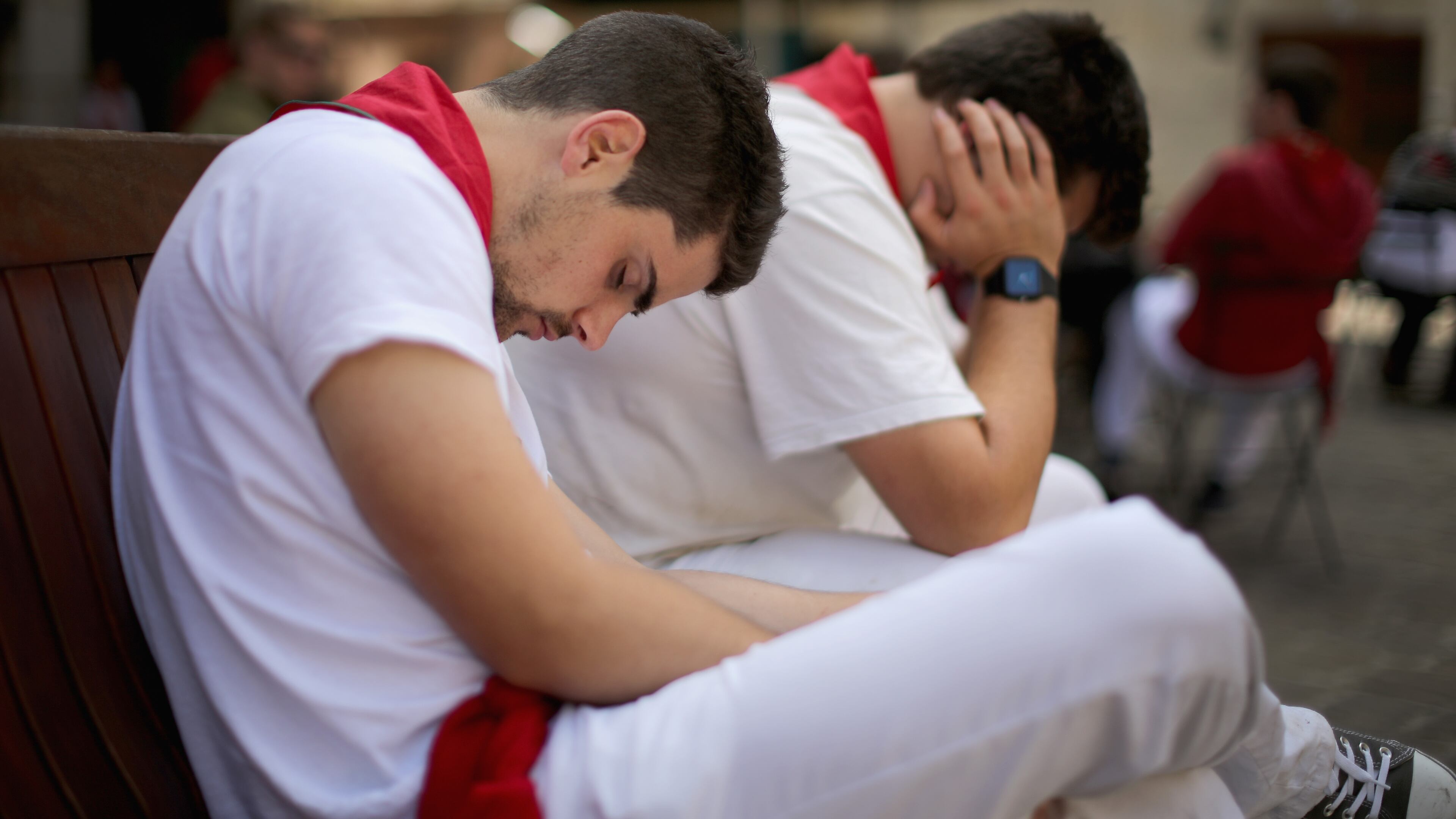No more naps: Spanish siestas may end soon

- 4 men accused of raping 9-year-old while mother smoked meth on Easter
- Nurses who ordered pizza at closing time get rude message on receipt
- Ghost seems to rest head on woman in creepy photo
- This essay about Costco got a high school senior into 5 Ivy League schools
- WATCH: Blake Shelton mesmerizes ACM Awards audience with electric performance
Spanish Prime Minister Mariano Rajoy has announced plans to change workday hours in the country in an effort to bring the working day in line with the rest of Europe and other parts of the world.
In many parts of Spain, the current workday starts between 9 and 10 a.m. and ends around 8 p.m. Workers take a three-hour siesta, a break time to eat and nap, between those hours. According to The Guardian, some people use the break to shop at their favorite retailers or bring their school-aged children lunches.
But Rajoy wants Spanish citizens to start ending their days between 5 p.m. and 6 p.m. At a party conference over the weekend, he said the move would increase productivity, which is significantly low, and decrease scheduling conflicts.
The siesta started back when most of Spain's working population worked in agriculture. In an effort to avoid the sun's strongest rays and the hottest temperatures, workers would break midday and then get back to work later when the temperature was cooler.
A 2013 commission found that cutting the long break could potentially improve Spain's quality of life, increase its low birth rates and reduce marriage and family issues. Under the current daily schedule, many people don't get home until the late evening, which means they eat late and go to sleep late; there's little room for quality time with loved ones.
"We need more flexible working hours, to cut our lunch breaks, to streamline business meetings by setting time limits for them and to practice and demand punctuality," the Independent reported the commission as saying.
Some say Rajoy, who initially rejected the shortened workday, may be pushing the change in an effort to increase popularity amid an upcoming election season this summer.
Rajoy also proposed switching Spain back to Greenwich Mean Time, which would turn the country's clocks back one hour. Spain adopted Central European time in 1942 as a gesture of solidarity with Adolph Hitler's Germany, despite the fact that the country is geographically located within the Western European time zone.
"Because of a great historical error, in Spain we eat at 2 p.m., and we don't have dinner until 9 p.m., but according to the position of the sun, we eat at the same time as the rest of Europe: 1 p.m. and 8 p.m.," Nuria Chinchilla, director of the International Center on Work and Family at the IESE Business School, told The Guardian in 2013. "We are living with 71 years of jet-lag, and it's unsustainable."

